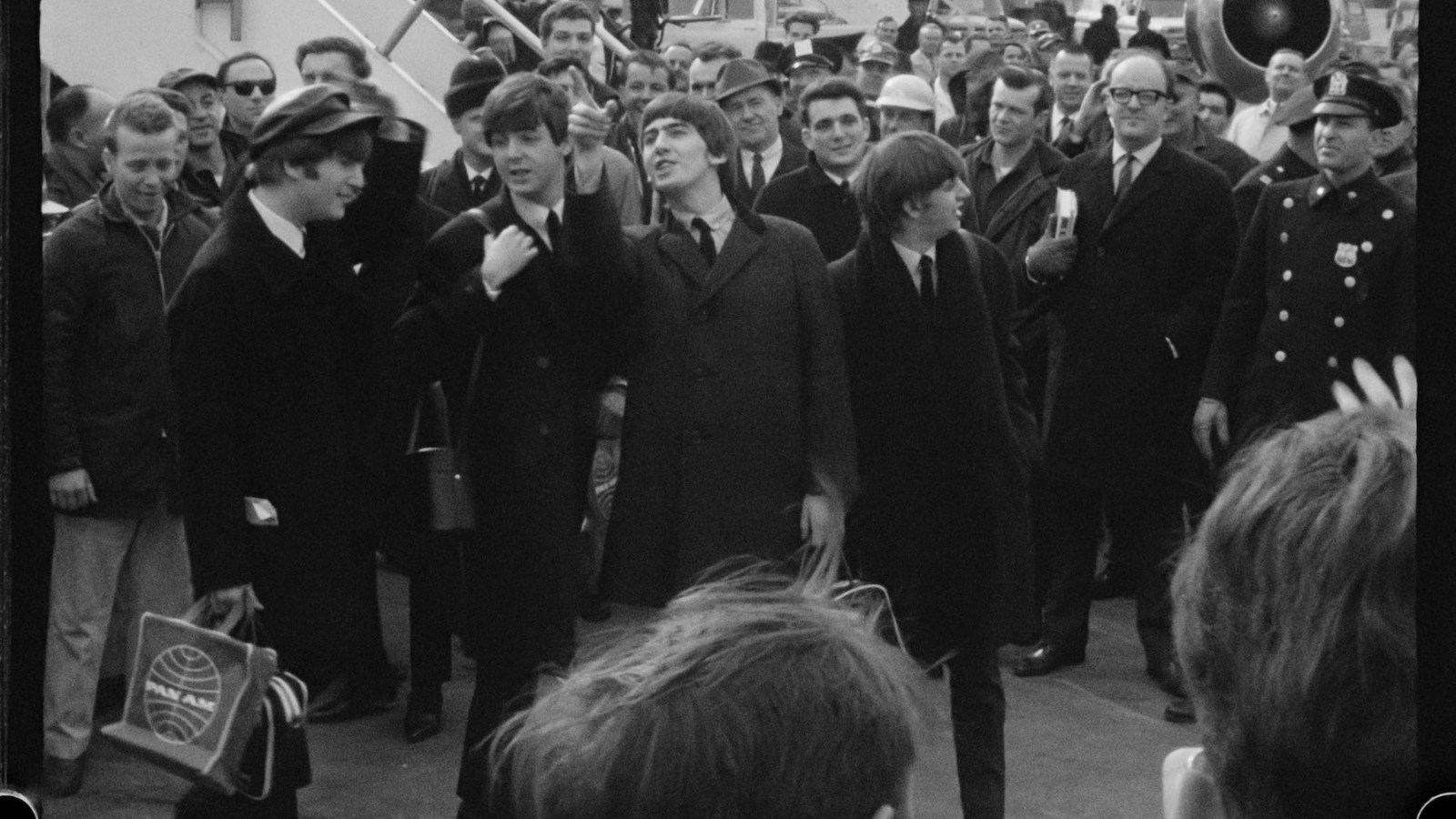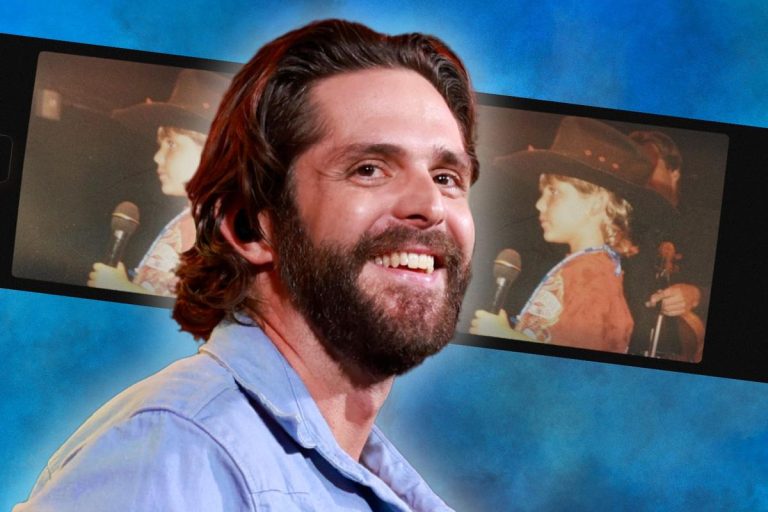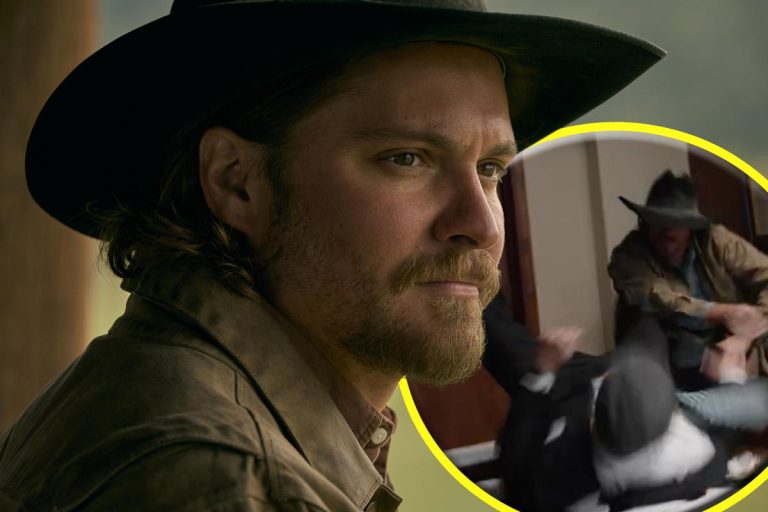The Beatles invaded America in early 1974, and the nation was never the same. Even as their plane was landing in New York, mobs of screaming fans stormed the airport. The night they played The Ed Sullivan Show, on February 9, they blew the minds of 73 million viewers. Beatlemania gripped the whole country. That moment is captured in Beatles ’64, a new documentary produced by Martin Scorsese. It’s directed by David Tedeschi, who has worked on many Scorsese docs, include the great George Harrison bio Living in the Material World.
Beatles ’64 arrives on Disney+ on Thanksgiving weekend—just as Peter Jackson’s Get Back did three years ago. It premieres on Nov. 29. The film features new interviews with Paul McCartney and Ringo Starr, with archival interviews from John Lennon and George Harrison, as well as their first American concert. “The movie goes from New York to Washington D.C. and Miami, which was chaos,” David Tedeschi tells Rolling Stone in an exclusive interview. “There’s over 17 minutes of footage that’s never been seen before.”
The footage comes mostly from the documentary pioneers David and Albert Maysles, who went on to make classics films like Gimme Shelter and Grey Gardens. They followed the band, filming three weeks in the life of the Fab Four as the world around them goes mad, capturing Beatlemania as it exploded day by day. “We were kind of normal, and the rest of the world was crazy,” George Harrison says in the trailer. “Everybody got into the mania when the Beatles came to town.”
Peter Jackson’s WingNut Studios remastered the footage, as they did for Get Back. The music is produced by Giles Martin, who has produced the stellar run of Beatles editions that began in 2017 with Sgt. Pepper. Beatles ’64 gets up close and personal as John, Paul, George, and Ringo, already stars in their homeland, suddenly experience the kind of mass hysteria they’d never seen before — and neither had anyone else. “It was like being in the eye of a hurricane,” John says in in the trailer. “It was happening to us, but it was hard to see.
The film also has interviews with American music legends testifying to the Fabs’ impact, from Motown founder Berry Gordy to the late Ronnie Spector. Smokey Robinson, the Beatles’ original songwriting idol, discusses their connections with African-American music. As Robinson says, “They were the first white group that I’d ever heard in my life who said, ‘Yeah, we grew up listening to Black music.’”
Beatles ’64 is produced by Scorsese, Margaret Bodde, McCartney, Starr, Olivia Harrison, Sean Ono Lennon, Jonathan Clyde, and Mikaela Beardsley, with executive producers Jeff Jones and Rick Yorn. David Tedeschi spoke to Rolling Stone for an exclusive inside tour of the film, discussing how it happened and what fans can expect.
Are you a fan?
I’m a big Beatle fan. I grew up on the Beatles—it’s part of my DNA. Listen, I live in New York City. In a way, oddly enough, it’s a New York City story. Beatlemania feels like it took over the world in New York — Ed Sullivan was here. It wasn’t the beginning of Beatlemania, but that’s where it went up another level. Then it started happening all over the United States. So in a way, it’s a New York story, as a New Yorker who loved the Beatles, I feel very connected to it.
How did the movie come together?
I edited a film for Martin Scorsese called George Harrison: Living the Material World. As a result, we were very good friends with Olivia Harrison. We interviewed Paul and Ringo for that film. So there’s a relationship with Apple — we know them. Apple was aware that they had this footage and they wanted to do something with it, so they reached out to me.
Where does this footage come from?
David and Albert Maysles, who became very famous later in the sixties. This is their second movie-they made a movie that was rarely shown called What’s Happening! And one of the reasons it was rarely shown is they didn’t really have rights — a variety of rights. So Apple took ownership of the actual Maysles negatives.
Hardly anyone has seen What’s Happening!
Al and David, they were just phenomenal filmmakers and pioneers, and what they were doing was very unusual. So What’s Happening! did play on American TV, but it was considered too, how shall I say this, radical or obscure. And what played on American TV had interstitials with Carol Burnett.
What’s Happening! has a beautiful moment when the Beatles have just landed, riding in the car from the airport. Paul is holding up a transistor radio, hearing their song on the air. He looks right at the camera and says “I love this!” It’s so intimate.
Yeah, the Maysles brothers were pioneers of direct cinema, as they called it. In that footage, you can see that the Beatles are very relaxed. They have so much charisma on camera. But even the fans, these young women in front of the Plaza Hotel, or what we call the Sullivan Theater now — they also have so much charisma. There’s something about the energy of Al and David that relaxed people, and allowed them to project something on film. I don’t know what it is. I worked with Al when Scorsese hired him for [the Rolling Stones’ concert film] Shine a Light. So as the Rolling Stones were rehearsing, I got to watch Al at work. And he was very sly. People would see the camera, but quickly they forgot about it.
In the trailer, there’s a moment of Ringo talking to Martin Scorsese. Did Scorsese interview him?
We did two interviews: Ringo and Paul. Marty was there for Ringo, and I would say he primarily conducted the interview. We didn’t want to do just sit-down interviews. With Ringo, he has saved a lot of his clothes through the years, so he had one of the suits he wore on the train to Washington. He has it all — that same drum kit that he played at Ed Sullivan. I interviewed Paul at the Brooklyn Museum, when he was there for Eye of the Storm photo exhibit. When you look at the handwritten lyrics for ‘I Want to Hold Your Hand,’ it’s an emotional thing.
How far into 1964 does Beatles ’64 go?
It’s just those three weeks—they arrive in New York, for maybe four or five days, then Washington and Miami. There’s footage from the Maysleses all the way through, but there’s other stuff. We had a great researcher who found a lot of local Miami footage from local archives—a lot of footage was buried, and he really had to go digging in order to find it. So that’s exciting.
It looks and sounds so vibrant.
Wingnut in New Zealand restored the 16-millimeter, so it looks immaculate. But they restored the audio too. Giles Martin produced what you hear. The Washington concert sounds better than it ever has — it their first arena show, and their first concert in the United States. For the studio-recorded tracks, Giles has a lot more control, but this is a live concert, and the joy of it is that it feels like a live concert.
Fans had no idea this film was happening until a couple weeks ago. Did it happen that fast?
For us, it was very fast. From the very first that I heard about it until when we finished it, it was two years. The edit room was open for about a year. That is very fast for us. But I’m told all the time that that’s not fast at all.




Leave a Comment